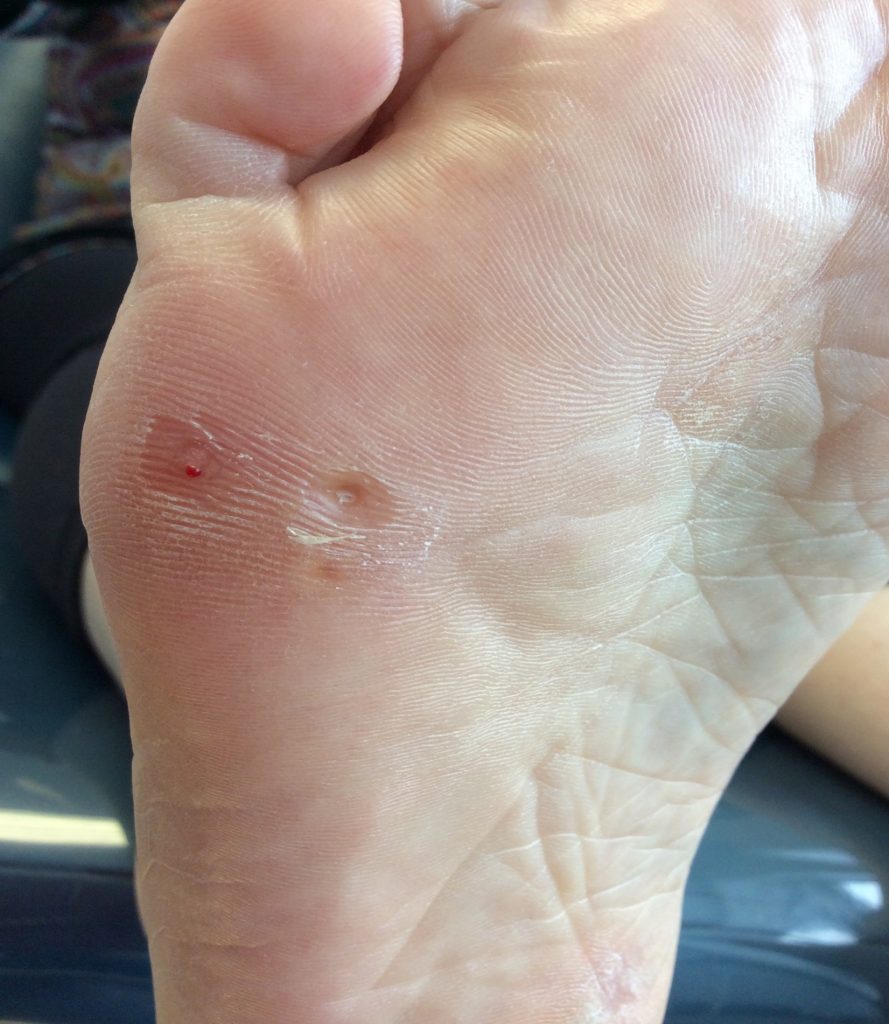
So the virus isn't easily spread by direct contact from one person to another. The HPV strains that cause plantar warts aren't highly contagious. Even people in the same family react to the virus differently. Not everyone who comes in contact with it develops warts. Transmission of the virusĮach person's immune system responds differently to HPV. Other types of HPV are more likely to cause warts on other areas of your skin or on mucous membranes. But only a few of them cause warts on the feet. HPV is very common, and more than 100 kinds of the virus exist. If left untreated, warts can last from a few months to 2 years in children, and several years in in adults. The warts develop when the virus enters through tiny cuts, breaks or weak spots on the bottom of the foot.

Plantar warts are caused by an infection with HPV in the outer layer of skin on the soles of the feet. You aren't sure if the growth is a wart.You also have a weak immune system because of immune-suppressing drugs, HIV/AIDS or other immune system disorders.You also have diabetes or poor feeling in your feet.Your pain interferes with your activities.

You've tried treating the wart, but it persists, multiplies or comes back after clearing for a time (recurs).The growth is bleeding, painful or changes in shape or color.See your health care provider for the growth on your foot if:

Pain or tenderness when walking or standing.A growth that interrupts the normal lines and ridges in the skin of your foot.A cluster of growths on the sole of the foot (mosaic warts).Black pinpoints, which are small clotted blood vessels commonly called wart seeds.



 0 kommentar(er)
0 kommentar(er)
